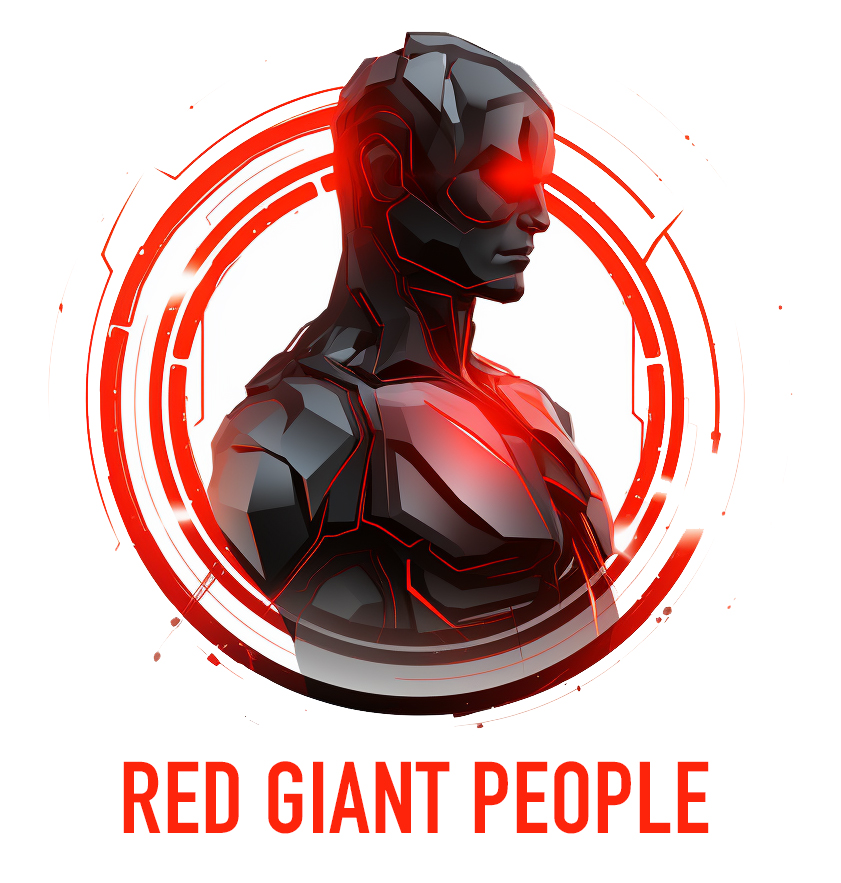Could AI Transform Science?

You’re living in an exciting era where AI’s potential seems limitless. Could it revolutionize science too? Imagine a world where AI doesn’t just aid, but leads scientific research.
As you delve into this article, consider the possibilities and challenges AI presents. Let’s explore together how AI’s already shaking up various scientific fields and ponder what tomorrow’s science might look like with AI at the helm.
We’re on the brink of transformation, aren’t we?
The Role of AI in Current Scientific Research
You’ve probably come across numerous headlines about how artificial intelligence is shaping up to play a pivotal role in current scientific research. The surge in AI funding is a strong testament to this. Investors are increasingly recognizing the potential of AI in accelerating scientific discoveries and are willing to back it up financially.
This increased funding isn’t only driving AI advancements but also enhancing AI accessibility. Now, more researchers than ever have access to powerful AI tools, allowing them to analyze complex data sets with unprecedented speed and accuracy.
As a result, you’re seeing an era where AI isn’t just a part of science but is actively shaping its future. It’s an exciting time to be part of this AI-driven scientific revolution.
Potential Shifts in Scientific Paradigms Due to AI
In the realm of AI, you’re not just witnessing the birth of new scientific tools, but also potential shifts in scientific paradigms. The AI paradigm shifts we’re seeing could trigger a science revolution, changing the way we approach research and discovery.
AI doesn’t just offer faster computations – it’s capable of entirely new methods of hypothesis generation and data interpretation, thereby challenging our traditional scientific frameworks. This can lead to a more holistic, multi-disciplinary approach, breaking down the silos that often exist in scientific research.
As AI’s potential is further harnessed, you’re likely to see a science revolution, where the line between human and machine intelligence becomes blurred. Brace yourself for a future where AI not only assists science but drives its evolution.
Challenges and Ethical Considerations in Implementing AI in Science
While there’s enormous potential for AI in the scientific field, you also need to grapple with a number of challenges and ethical considerations.
AI bias, for instance, raises significant ethical questions. It’s rooted in the fact that AI algorithms are only as good as the data they’re trained on. If that data is biased, your AI will be too, leading to skewed results.
As scientists, it’s your responsibility to ensure the objectivity and reliability of your AI tools.
Along with bias, data privacy is a crucial hurdle. With AI’s capacity to process vast amounts of data, ensuring the privacy and protection of this data becomes paramount.
It’s not just about making breakthroughs, it’s about making them ethically and responsibly.
Case Studies: Successful AI Applications in Various Scientific Fields
Now, let’s turn to some real-world examples where AI’s been successfully applied in various scientific fields, and ponder over how these advancements have shaped the landscape of modern science.
- Chemistry: AI’s been harnessed to predict molecular behaviors, leading to AI-driven discoveries in drug development.
- Astrophysics: AI’s been used to classify galaxies and identify celestial patterns, showcasing its potential in decoding the universe.
- Biology: Labs are integrating AI to analyze genetic sequences, accelerating our understanding of life’s building blocks.
These instances demonstrate AI’s transformative role in science. It’s not merely a tool, but a partner, driving discoveries and shaping our scientific future. As AI becomes more integrated into laboratories and research, we’re on the cusp of a new era of scientific innovation.
Future Prospects: How AI Might Shape the Science of Tomorrow
You’ve seen AI’s current impact on science, and yet, the future holds even more promising prospects.
Imagine a world where AI’s predictive capabilities are so advanced that they can accurately forecast scientific phenomena, such as climate change patterns or disease outbreaks. Machine learning advancements could even lead to automated research and data analysis, freeing up scientists to focus on innovative problem-solving.
Furthermore, AI might spearhead the creation of entirely new scientific fields. However, this future isn’t without challenges. It’s crucial that we continue to develop and refine AI models, ensuring their decisions are transparent and ethical.
Regardless, one thing’s clear: AI’s potential to reshape the science of tomorrow is immense.
Frequently Asked Questions
What Is the Basic Definition of Artificial Intelligence?
AI, or artificial intelligence, is essentially machines mimicking human intelligence. It’s a broad concept, involving areas like machine learning and neural networks. But remember, AI’s limitations and ethics are key considerations too.
How Is AI Currently Being Used in Everyday Life?
You’re seeing AI in everyday life through healthcare innovations and privacy tools. AI’s predicting diseases, personalizing treatments, and enhancing data security. It’s not science fiction, it’s our reality. AI’s transforming our world today.
Who Are the Key Players in AI Research and Development Globally?
You’re observing global giants like Google, Microsoft, and IBM leading in AI research and development. They’re heavily investing in AI research funding and crafting global AI strategies to shape the future of technology.
Are There Any Significant Economic Implications Associated With the Widespread Adoption of AI?
Certainly, widespread AI adoption has significant economic implications. It’ll reshape the economy, driving growth. However, it also poses an ‘AI Unemployment Impact’, with job displacement potentially becoming a critical issue to address.
What Is the Role of AI in Non-Scientific Fields Like Arts, Literature, and Social Sciences?
You’re seeing AI in creativity revolutionize arts, literature, and social sciences. It’s offering fresh perspectives, enhancing creativity, and influencing language. It’s not replacing human creativity, but rather, complementing and expanding it in unimaginable ways.



